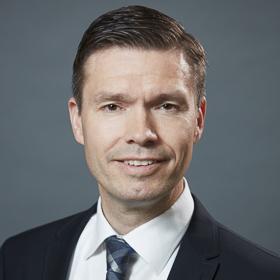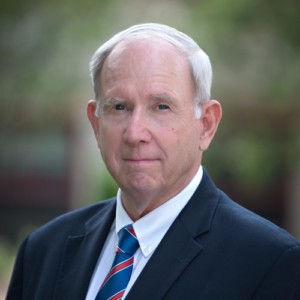Friday 28 April 2023, at 16:00-17:00 EEST/15:00-16:00 CEST
General Omar Bradley, a storied World War II US Army commander in Europe, reputedly once observed that “amateurs talk strategy, professionals talk logistics”. As the Russian invasion on Ukraine drags on, the wisdom of this adage still applies. Debates over each side’s war aims or operational strategy have their place. But the conflict is taking on many characteristics of a “war of attrition”, such as entrenched forces, sustained artillery barrages, and relatively minor advances won at a high cost in dead and wounded. Thus, the long-term capabilities of each side to equip, train, and support its forces while providing the requisite leadership skills and “will to fight” will be decisive factors in determining the outcome.
The capabilities of Ukraine remain heavily dependent on Western –especially US – military assistance. Headline-grabbing stories about the cost (some $38 billion committed by the Biden Administration since February 2022) or the discussion on whether to provide Ukraine a certain weapons “platform”, however, miss the complexity of the US decision-making process on what materiel to provide to Ukraine. Americans must consider how to deliver the materiel, train Ukrainian personnel to maintain, employ and integrate it with many other weapons systems, and provide intelligence support. All this must be accomplished while coordinating with NATO Allies and other Western partners.
This episode of Transatlantic Currents explores the current and looming future challenges of US policymakers and defense planners as they look to bolster Ukrainian defenses for “as long as it takes”.



